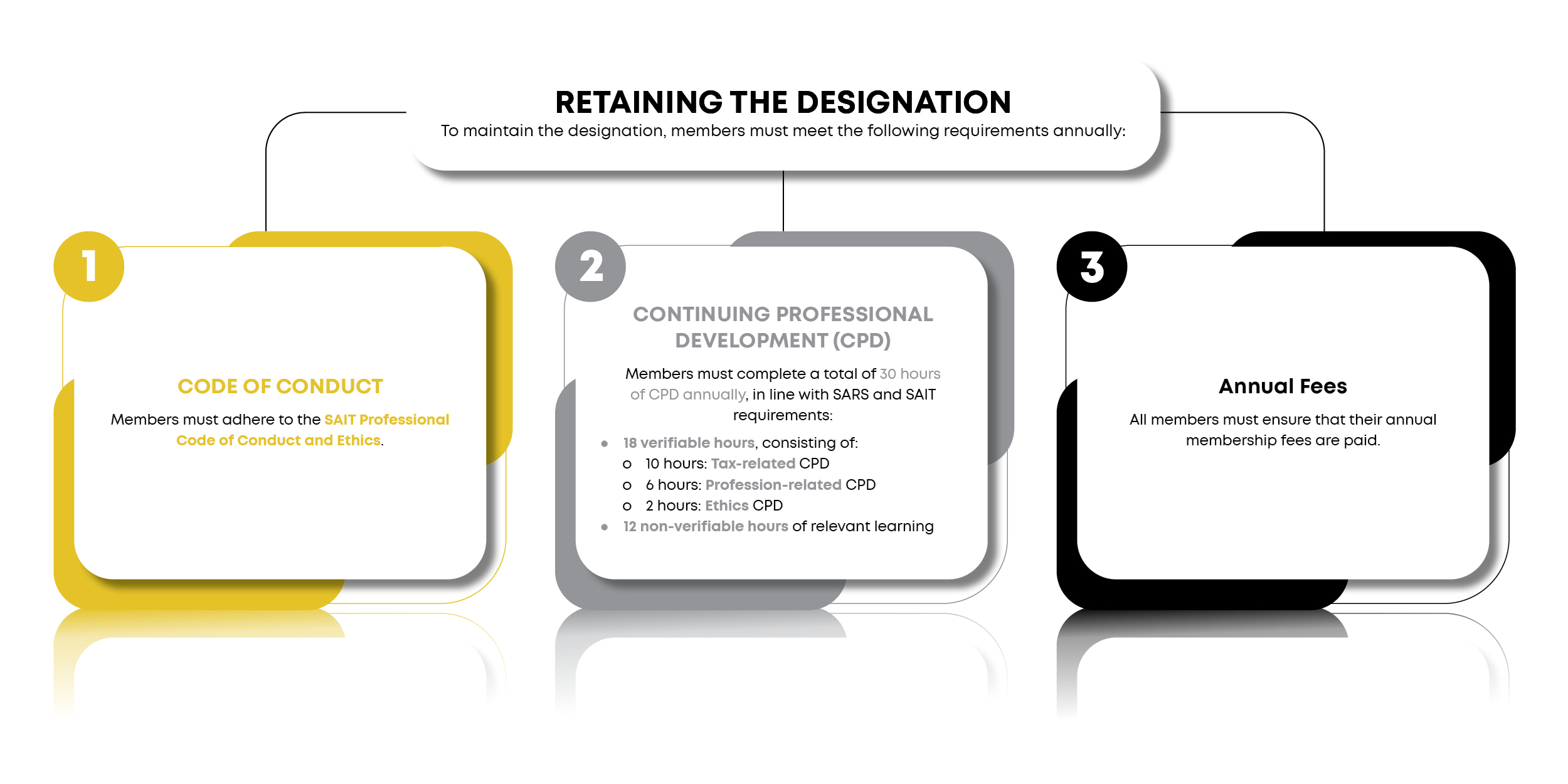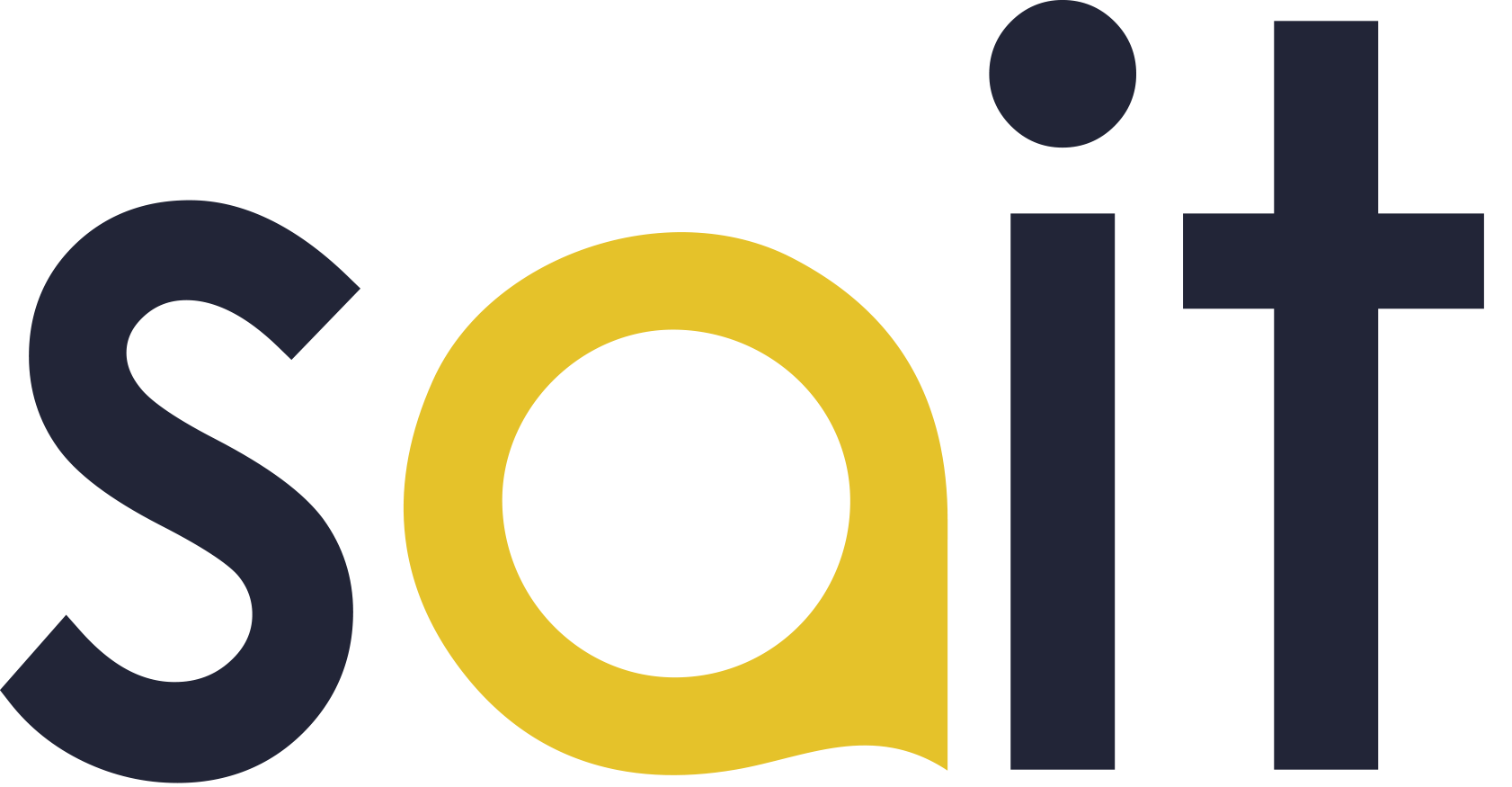Master Customs & Trade Practitioner (MCTP)
The Master Customs & Trade Practitioner (MCTP) designation is for senior professionals offering advanced customs and trade advisory services. They specialise in customs classification, valuation, trade agreements, international compliance, and regulatory alignment. Their expertise is vital for handling high-risk transactions, trade strategy, and global trade operations.

AWARDING CRITERIA
To be awarded the Master Customs & Trade Practitioner designation, applicants must meet both academic and extensive workplace experience requirements. Three entry routes are available, depending on the applicant’s profile and expertise.
1. Academic Component
Applicants must hold a minimum of an NQF Level 7 or 8 qualification, preferably with modules in:
- Customs
- International trade
- Economics
- Logistics
- Taxation
- Law
Accepted qualifications include degrees in accounting, law, economics, logistics, or postgraduate diplomas in tax, trade, or customs.
Applicants holding a dedicated NQF Level 6 qualification in international trade or customs are also eligible.
In recognition of the significant experience held by seasoned customs professionals, Recognition of Prior Learning (RPL) may be applied for the Master designation. This will be evaluated based on strategic-level, senior practical experience and peer recognition.
2. Experiential Learning / Work Experience Component
Applicants must have a minimum of 10 years of full-time work experience in customs or trade law, within the past 12 years.
Applicants must be able to demonstrate capability in the following functional areas:
- Providing technical advice on laws, regulations, HS codes, rules of origin, and import/export compliance
- Auditing or reviewing customs compliance systems, including valuation, classification, and origin
- Conducting risk assessments and gap analyses on customs and trade issues
- Supporting and optimising cross-border supply chain strategies
- Developing compliance procedures, training programmes, and corrective implementation plans
3. Routes to Designation
Applicants must qualify through one of the following three routes:
3.1 Route 1: Leadership and Management Pathway
Applicants must meet both of the following criteria:
- Hold a managerial or executive-level position in customs or trade at the time of application, and
- Either:
- Serve as a partner or director in an advisory firm providing customs/international trade services, or
- Lead a customs/trade team of at least 5 full-time staff within a private company or government institution (e.g. SARS)
3.2 Route 2: Advanced Academic Pathway
Applicants must hold an NQF Level 9 or 10 qualification in:
- International Trade Law, or
- Customs and Cross-Border Trade Regulation
3.3 Route 3: Peer-Recognised Expert Pathway
Applicants must provide three (3) written endorsements from customs or trade professionals who:
- Have at least 10 years of experience in the field
- Can attest to the applicant’s expertise, leadership, and contributions to the profession
Verification of Requirements
Applicants must submit a:
- Detailed, validated resume outlining customs/trade work experience
- Third-party confirmation by a senior customs expert or employer
- Documentation supporting the selected designation route
4. Competency Assessment
To demonstrate competence, applicants must submit the following:
- Verified proof of work experience
- Proof of an accredited qualification, as listed above
- Proof of a clear tax record
- Proof of a clear criminal record
5. SARS Readiness Programme
In line with SARS-recognised criteria for Recognised Controlling Bodies (RCBs) and registered tax practitioners, all applicants must complete the SARS Readiness Programme before registering as a tax practitioner.

| DETAILED DESCRIPTION | FEE AMOUNT | NOTE |
|---|---|---|
| Registration Fee | R800.00 | Once-off fee to process your application |
| Annual Membership Fee | R7 580.00 | Payable within 30 days of approval |
| Monthly Option | 1st, 15th, or 25th of each month | Debit order option available |
